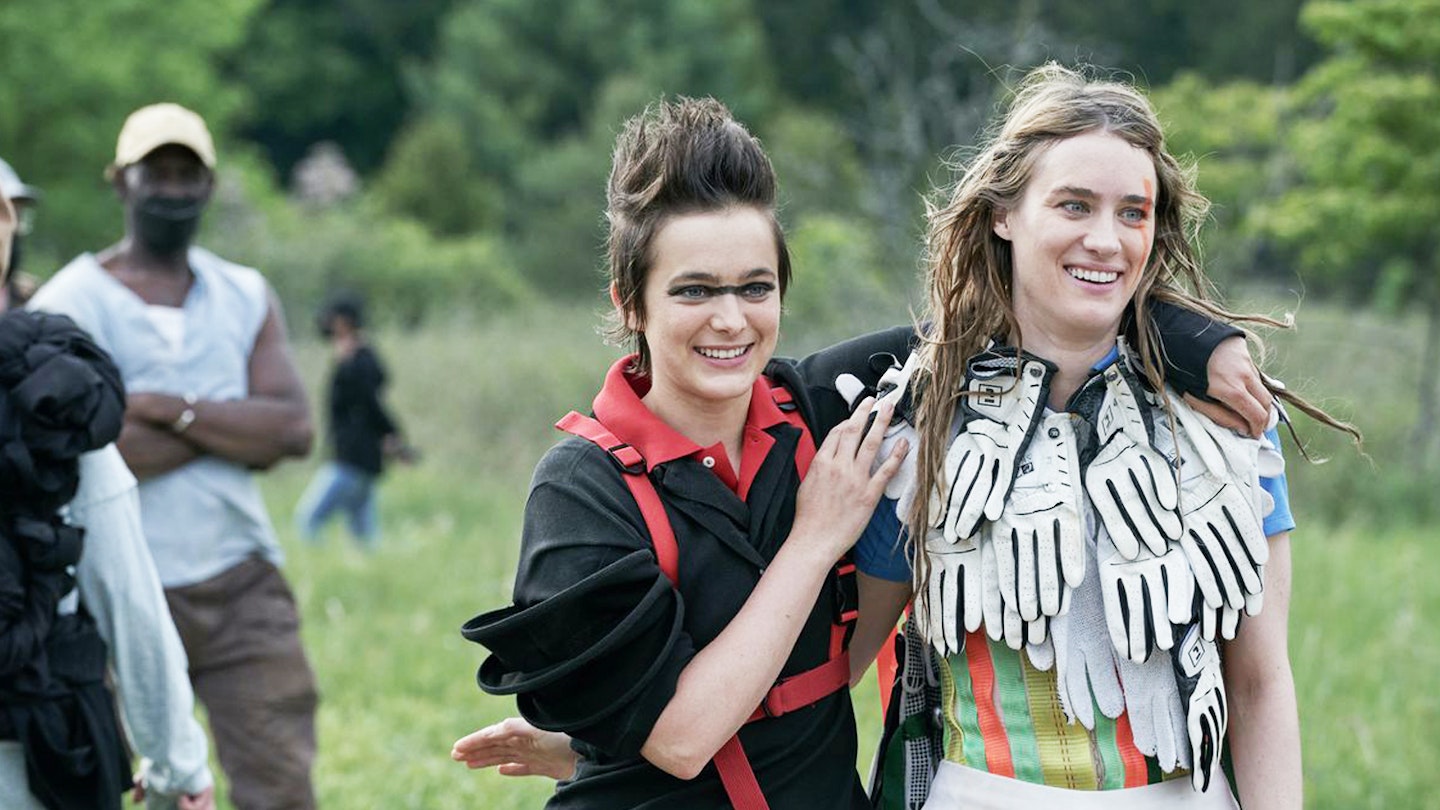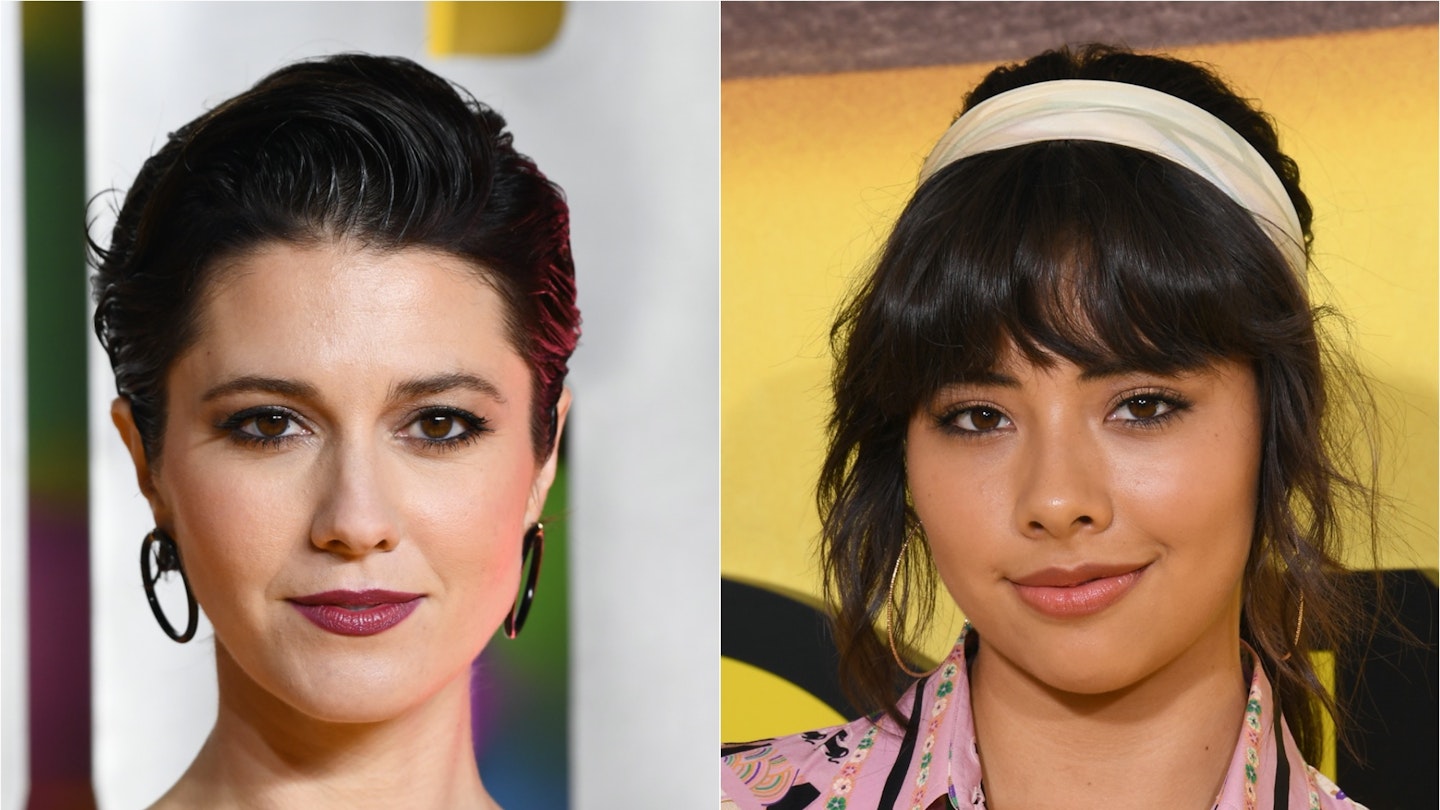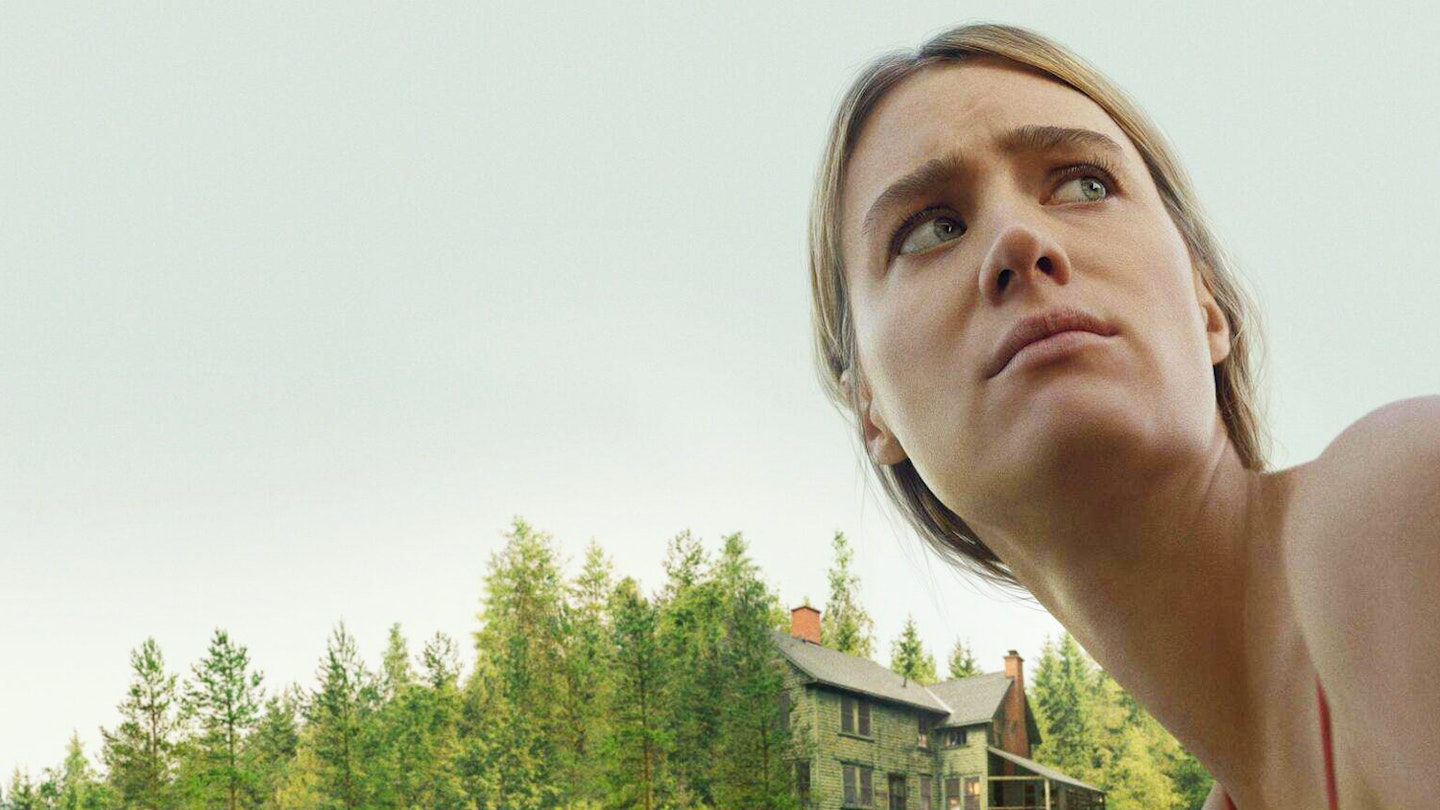Streaming on: Starzplay
Station Eleven cuts so close to the bone, you can practically feel the scraping of meat cleaver against femur. It wasn’t meant to be this way, of course: based on a 2014 novel by Emily St. John Mandel, this ambitious ten-part pandemic drama from showrunner Patrick Somerville (Maniac, The Leftovers) was green-lit long before chilling phrases like “infection rates”, “quarantine” and “celebrity cover of John Lennon’s ‘Imagine’” became part of our collective vocabulary. The outbreak depicted in the show is several notches worse than what we’ve been wrestling with in real-life, with 99.9 per cent of the global population wiped out in Station Eleven, but that won’t stop many reading this from wondering: who wants to watch a show about a pandemic-ravaged world, when we've all been living inside one for two exhausting years?
Those who can handle its proximity to reality, however, are in for catharsis of the highest calibre. Station Eleven is a beautiful, bright ballet of a show that invites the idea that things can get better, while elegantly eliding every rule in the post-apocalyptic pop-culture rulebook. The world of the show is lush with greens instead of greys. Its message is hopeful, instead of hopeless. And every now and again, characters break into three-minute performances of rap songs by New York hip-hop icons A Tribe Called Quest. Can you remember that happening in the movie adaptation of The Road? Us neither.

Following a nerve-shredding opening episode, we’re yanked two decades into a post-apocalyptic future in which just one-thousandth of humanity has survived. Danger still lurks, but a now-adult Kirsten (Mackenzie Davis) has found happiness as part of a makeshift family of singers and thespians, named The Travelling Symphony. The arrival of a mysterious cult-master named The Prophet (Daniel Zovatto), who shares ties to Kirsten through a mysterious science-fiction graphic novel titled ‘Station Eleven’, soon begins to threaten their equilibrium, however.
It’s not enough solely to avoid death, the show insists — we have to hunt down meaning, too.
Like fellow recent TV phenomenon Yellowjackets, the show begins to zigzag between past and present, propelled by the question mark of what happened in-between. Occasionally, we’re dropped into the lives of a separate band of survivors sequestered in an airport, led by relapsed alcoholic Clark (David Wilmot), for reasons that become apparent as the series winds on. The mystery of where all these dots connect is alluring, but what really keeps you watching are the deliciously rich characters, the subtle performances powering them (Matilda Lawler and Davis in particular are superb) and the show’s rebellious philosophy. From The Walking Dead to Netflix’s Sweet Tooth, post-apocalyptic stories typically follow characters whose only aspiration is to stay alive. In Station Eleven – to quote The Travelling Symphony's motto – “Survival is insufficient."
It’s not enough solely to avoid death, the show insists — we have to hunt down meaning, too, through community, friendship and art, sinking our teeth into it every chance we get. It’s advice that would have been poignant had the show arrived in ‘normal’ times. Against the backdrop of Covid-19, its potency is damn near nuclear.


